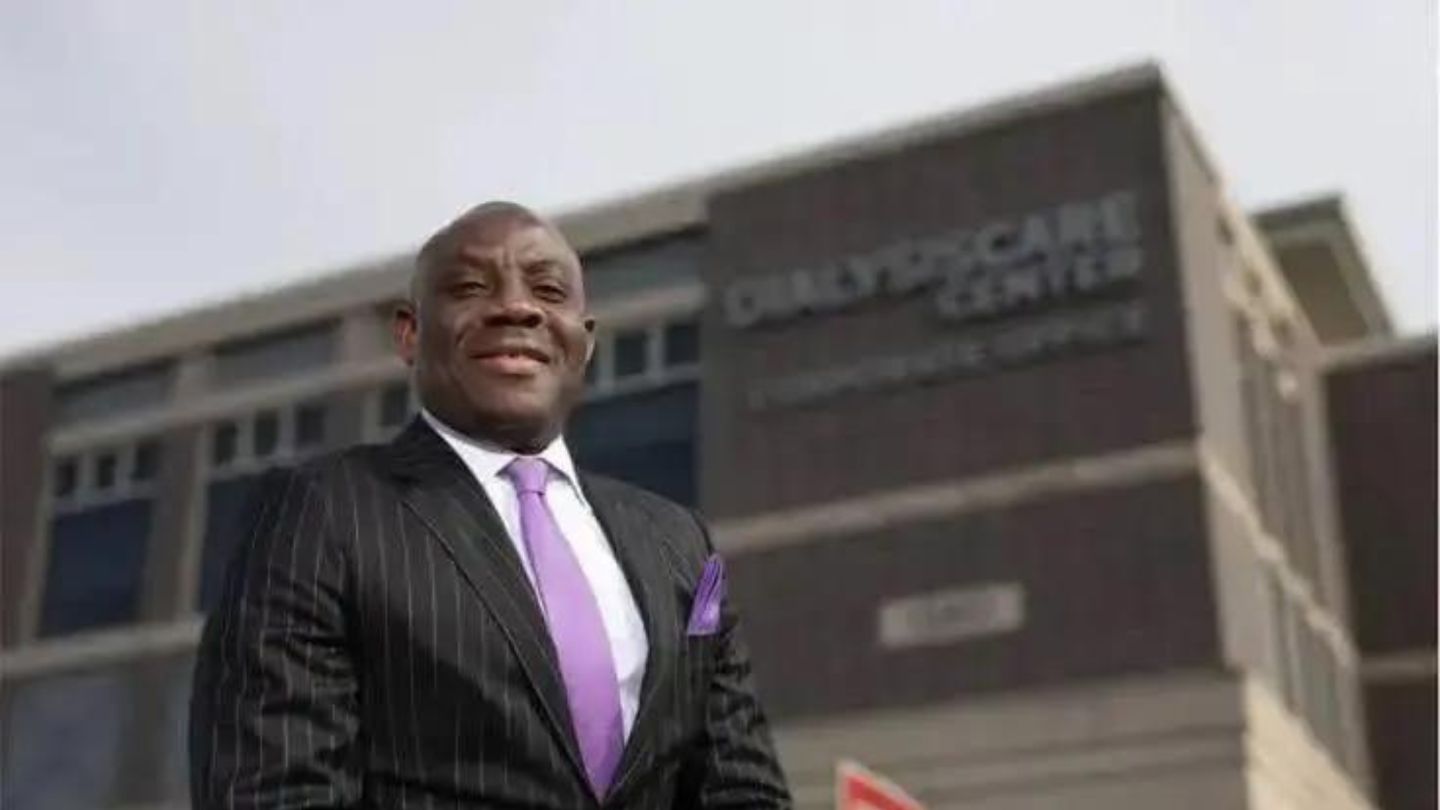The Nigerian Federal Government has reaffirmed its commitment to promoting traditional medicine by implementing supportive policies and advancing scientific research and innovation. Dr. Adetunji Alausa, the Minister of State for Health and Social Welfare, conveyed this pledge during the celebration of the 2023 African Traditional Medicine (ATM) Day in Abuja. The event, held under the theme “The Contribution of Traditional Medicine to Holistic Health and Well-being for All,” aimed to review progress in institutionalizing traditional medicine into national health systems, in line with the World Health Organization’s (WHO) declaration of August 31 as ATM Day in 2001.
Dr. Alausa stressed the significance of integrating modern medical approaches with traditional medicine, emphasizing the need to provide proper training, research, and resources to traditional healers. He highlighted that Nigeria aims to mobilize evidence-based measures to support traditional medicine, which is often the initial choice for millions worldwide in addressing health and well-being needs.
The Minister underscored Nigeria’s commitment to collaborating with organizations such as the WHO, West African Health Organization (WAHO), and partners like the Chinese and Indian Embassies to promote traditional medicine development for both local use and commercialization.
Dr. Alausa cited research indicating that 81.6% of Nigerians utilize traditional medicine, a trend expected to persist due to the anticipated increase in the global disease burden. He emphasized that traditional medicine’s role aligns with President Bola Tinubu’s Renewed Hope Agenda, which prioritizes Universal Health Coverage and encourages funding for local research of new drugs and vaccines.
Nigeria’s strategy for strengthening traditional medicine includes favorable policies, institutional and political support, leveraging the nation’s biodiversity, scientific research, and innovative approaches. These efforts aim to maximize traditional medicine’s role in achieving Universal Health Coverage (UHC) and sustainable development while respecting indigenous resources and intellectual property rights.
Dr. Alausa highlighted the Ministry’s accomplishments in recognizing traditional medicine’s role in healthcare delivery, including the establishment of the Department of Traditional, Complementary, and Alternative Medicine (TCAM), revising the Traditional Medicine Policy, developing the Nigeria Herbal Pharmacopoeia, and compiling Nigerian Indigenous Knowledge documents.
Moreover, a database is being established to catalog traditional medicine practitioners in the country, facilitating their classification based on areas of expertise.
Dr. Matshidiso Moeti, the WHO Regional Director for Africa, emphasized the interdependence of health and well-being transcending geographical borders. Within the WHO Africa Region, 25 countries have incorporated traditional medicine into their health sciences curricula, while 20 countries have designed training programs for traditional health practitioners and health sciences students. These initiatives aim to enhance human resources in traditional medicine and primary healthcare.
Dr. Moeti praised the 39 African countries that have established legal frameworks to regulate and support traditional health practitioners, highlighting the accessibility, affordability, and trust associated with African Traditional Medicine (ATM).
In closing, he called for increased research, production, regulation, and the formal integration of evidence-based traditional and indigenous products into national health systems while addressing quackery through registration and verification processes.




